Small towns across America have some truly head-scratching laws on the books. From banning certain ways to eat fried chicken to regulating high heels, these ordinances often reveal fascinating historical quirks or reflect unique local concerns. Get ready to discover some of the strangest small-town regulations that somehow still exist today!
1. High Heel Permits Required

Ladies visiting Carmel-by-the-Sea, California might need more than just fashionable footwear—they need paperwork! A 1920s ordinance requires women to obtain a special permit for heels exceeding two inches in height.
The law was originally created to protect the city from lawsuits, as the uneven pavements and tree roots could cause ankle injuries and subsequent legal claims. While rarely enforced today, this peculiar regulation remains technically active, serving as a quirky reminder of the coastal town’s history.
2. Fingers-Only Fried Chicken

Fork down, hands up! In Gainesville, Georgia, using utensils to eat fried chicken is actually against the law. This peculiar ordinance was enacted in 1961 as a publicity stunt to promote the town’s thriving poultry industry.
The law states that eating fried chicken with anything other than your fingers is a culinary crime. Though rarely enforced, a 91-year-old visitor was once playfully arrested for using a fork on her chicken. The mayor later pardoned her, but the message was clear: in the ‘Poultry Capital of the World,’ proper chicken etiquette matters!
3. Chickens Must Respect Traffic Rules

Quitman, Georgia takes road safety seriously—even for its feathered residents! A municipal law holds chicken owners legally responsible if their birds venture onto public roadways.
The ordinance specifically addresses the age-old question of why the chicken crossed the road: according to Quitman law, it shouldn’t. Farmers must keep their poultry properly contained or face potential fines. The regulation dates back to earlier agricultural times when free-ranging chickens frequently caused traffic disruptions and accidents on the small town’s roads.
4. Confetti-Free Celebrations
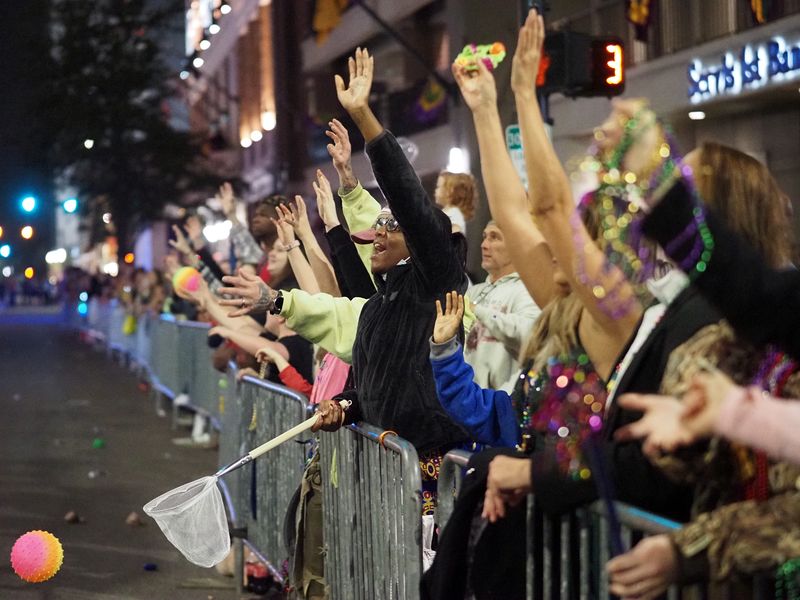
Party planners in Mobile, Alabama must find alternative ways to celebrate—tossing confetti in public spaces is strictly prohibited. The ban emerged after years of post-parade cleanup headaches during the city’s famous Mardi Gras festivities.
Environmental concerns also drove the regulation, as traditional paper confetti created significant litter and stormwater drainage issues. Local event organizers have adapted by using biodegradable alternatives or bubbles instead. Violators can face fines, though enforcement typically focuses on organized events rather than individual celebrants.
5. Watch Your Language in Oxford

Mind your p’s and q’s—and especially your f-bombs—in Oxford, Mississippi. This college town maintains a strict ordinance against public profanity, with violators potentially facing fines for colorful language used on streets or in parks.
The law reflects the community’s traditional Southern values despite hosting a major university. First Amendment challenges have weakened similar regulations elsewhere, but Oxford’s ordinance persists. Local police typically reserve enforcement for situations where profanity accompanies disorderly conduct rather than casual conversations.
6. No Backward Walking After Dark

Pedestrians in Devon, Connecticut need to watch their step—and direction—after sunset. An archaic law prohibits walking backward after dark unless you’re wearing reflective clothing.
This bizarre regulation supposedly originated in the early 1900s after a series of nighttime collisions between backward-walking citizens. Though the law sounds ridiculous today, it had practical origins in an era before street lighting was common. Modern residents joke about the ordinance, which remains technically on the books despite never being enforced in recent memory.
7. Mandatory Gun Ownership

Since 1982, Kennesaw, Georgia has required heads of households to maintain a firearm with ammunition. This headline-grabbing ordinance was passed as a symbolic political statement against a handgun ban in Morton Grove, Illinois.
The law includes numerous exemptions: those with physical or mental disabilities, religious objections, financial limitations, or legal restrictions are excluded. No one has ever been prosecuted under this regulation. City officials claim the ordinance has contributed to Kennesaw’s low crime rate, though experts debate this correlation.
8. Silly String Seriously Banned
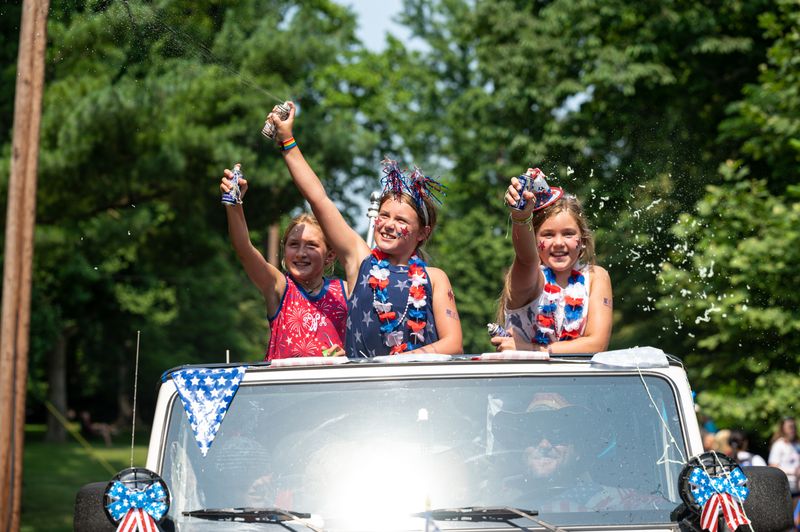
Parade-goers in Southington, Connecticut better leave their aerosol fun at home. The town enforces a strict prohibition against Silly String at public gatherings, with violators facing a hefty $99 fine.
Town officials implemented the ban after cleaning crews battled stringy messes following holiday celebrations. Beyond the cleanup headache, the colorful strands posed environmental concerns and safety hazards. The sticky substance damaged parade floats, clogged storm drains, and created slipping hazards on public sidewalks.
9. Frowning Forbidden in Pocatello

Known as the “Smile Ordinance,” Pocatello, Idaho famously outlawed public frowning in 1948. The unusual law emerged after an exceptionally harsh winter left residents particularly gloomy.
The town earned the nickname “U.S. Smile Capital” thanks to this cheerful mandate. While no one faces actual penalties for sporting a frown, the local police occasionally perform mock arrests of particularly grumpy visitors. The ordinance remains a source of civic pride and tourist amusement, with souvenir shops selling smile-related merchandise throughout the town.
10. Quiet Around the Horses, Please
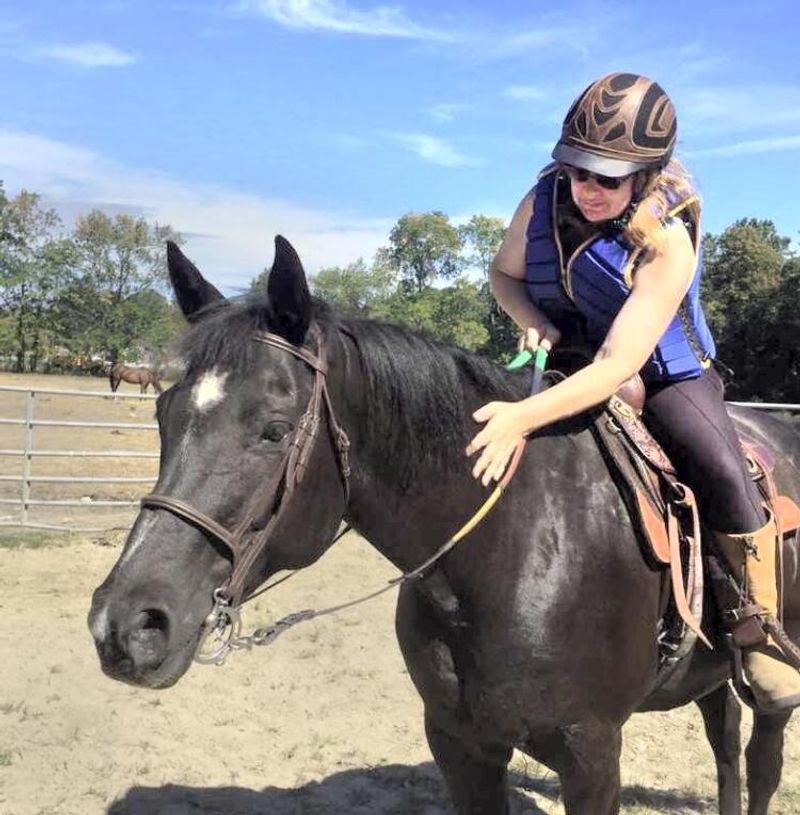
Several Connecticut towns maintain strict noise regulations around equine friends. Local ordinances prohibit honking horns, playing loud music, or making sudden noises near horses or horse-drawn vehicles.
These laws date back to when horses were the primary transportation method, but remain relevant in areas with active equestrian communities. Startled horses can bolt or throw riders, creating dangerous situations for everyone involved. Violators can face fines, especially if their noise-making causes an accident.
11. Bird Dyeing Prohibited

Aspiring exotic bird sellers in Harper Woods, Michigan face a colorful legal obstacle. A specific ordinance prohibits dyeing sparrows and selling them as fancy tropical birds—a strange scam apparently common enough to warrant legislation!
This law emerged during the mid-20th century when unscrupulous merchants would color common birds with food dye or other chemicals. Beyond the obvious consumer fraud, the practice harmed the birds, often causing illness or death. The ordinance protects both wildlife and unwitting customers looking for genuine exotic pets.
12. Vending Machine Violence is a Felony

Think twice before taking out your frustration on that snack machine in Derby, Kansas. Striking a vending machine—even when it’s eaten your money—constitutes a Class A misdemeanor potentially punishable by jail time.
The unusual law emerged after a rash of vending machine vandalism cost local businesses thousands in repairs. While most offenders receive warnings rather than handcuffs, repeat machine-punchers could theoretically face serious consequences. The ordinance stands as perhaps America’s strongest protection for inanimate snack dispensers.
13. No Booze for Elephants

Planning to share your beer with a pachyderm in Natchez, Mississippi? Think again! A bizarre local ordinance specifically prohibits giving alcoholic beverages to elephants in public spaces.
This strange law dates back to traveling circus days when the town experienced an unfortunate incident involving an intoxicated elephant. The regulation serves as a historical curiosity now, as elephants rarely visit the small Mississippi town. Nevertheless, the ordinance remains technically active, preserving the memory of whatever chaotic event inspired it.
14. Bicycle Fender Regulations

Several Illinois towns maintain peculiar bicycle equipment laws, including specific requirements for fenders when riding in public rights-of-way. These regulations emerged during the early bicycle boom when mud-splashing cyclists became a public nuisance.
The ordinances typically mandate proper fenders to prevent water and debris from spraying pedestrians or other riders. While rarely enforced today, these laws reflect an era when bicycles represented cutting-edge transportation technology requiring new social etiquette. Some towns even specified minimum fender dimensions and materials in their municipal codes.
15. Painted Parakeet Prohibition
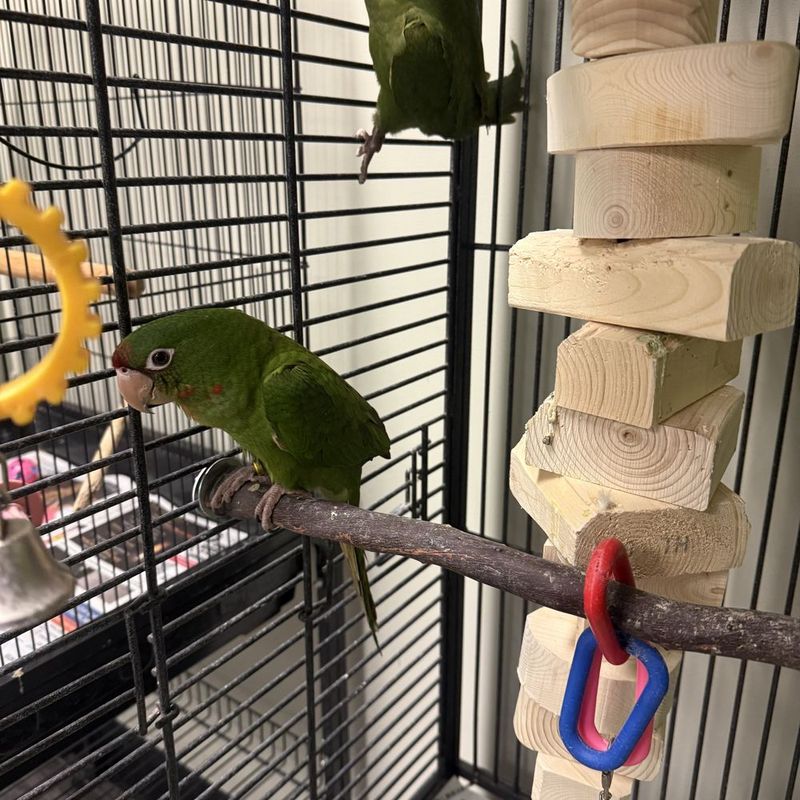
Harper Woods, Michigan takes bird welfare seriously with a specific law against artificially coloring birds for sale. The ordinance explicitly mentions the practice of painting sparrows to pass them off as exotic parakeets—apparently once a common scam.
This regulation predates modern animal welfare laws but served the same purpose: protecting both animals and consumers. The dyes used were often toxic to the birds, causing suffering and premature death. Violators face misdemeanor charges, though the law’s primary purpose today is historical rather than practical.
16. Snowball Fight Permits
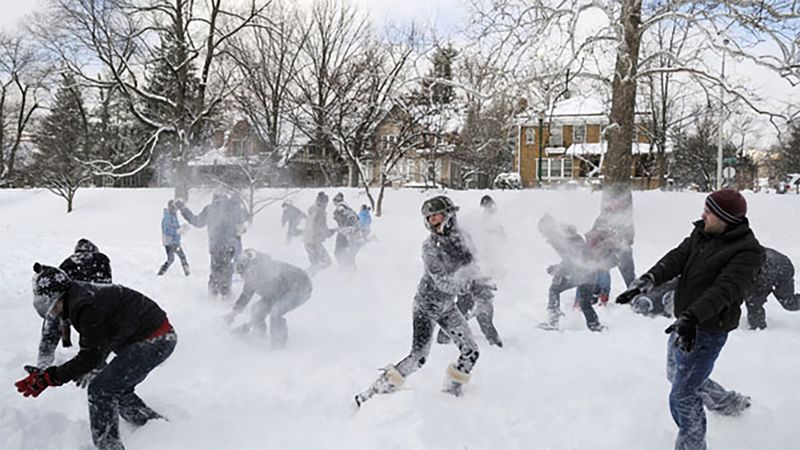
Until recently, children in Severance, Colorado needed government permission for winter fun! The town maintained a decades-old ordinance classifying snowballs as “missiles” and prohibiting their throwing in public places.
In 2018, nine-year-old Dane Best successfully lobbied the town board to overturn the ban. His presentation included research on safety statistics and arguments about children’s need for outdoor play. The story made national headlines when officials unanimously voted to legalize snowball fights, demonstrating how even the youngest citizens can change outdated laws through civic engagement.



